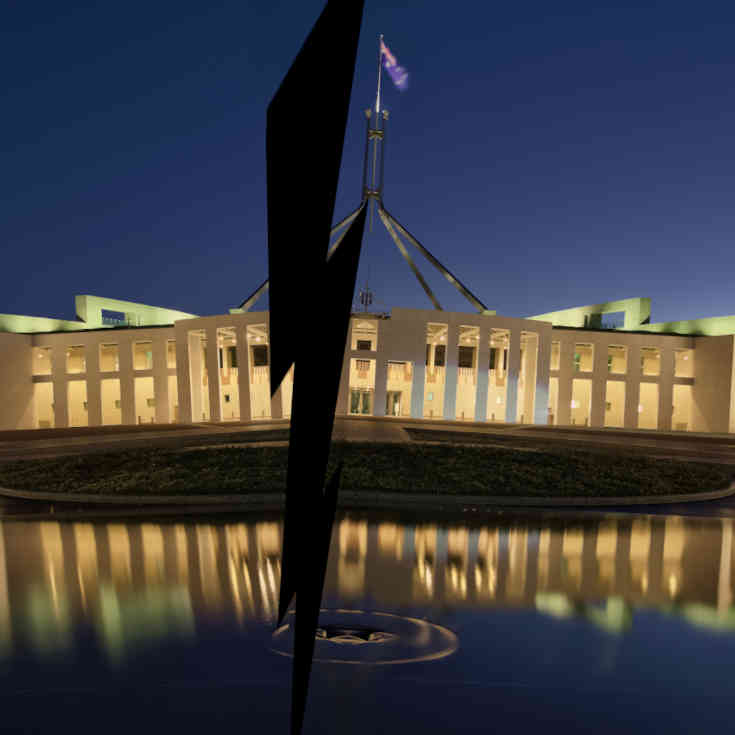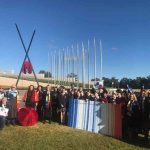Australia’s parliamentary system of government is broken.
It’s not just me saying it, but an expert review.
And there’s a way to fix it.
What’s wrong
An expert report has identified three key areas that are broken.
1. Weak policy-making
Australian governments are not making important policy decisions needed to keep Australia abreast of current issues. Decisions are being shelved or delayed for three main reasons.
Unpopularity
In the past, notably in the 1980’s and 1990’s, important and difficult policy decisions were made even though they weren’t always popular. Politicians explained why they were in the public interest. But in the past decade or two, unpopular but needed policies were indefinitely deferred because politicians are now too timid.
Party and factional loyalties
Decisions that challenged beliefs that mark party or factional loyalties have rarely been made.
Vested interests
Powerful vested interests often blocked reforms, although if substantial independent public evidence was available the reforms have sometimes been made despite vested interests.
2. Biased and ineffective media
Australia’s mainstream media tend to be in decline, with reduced resources for thoughtful reporting of issues and expert journalism. And much of the media is “hyper partisan”. As a result, the Australian public is not kept well-informed, and often the “news” is partisan misinformation. This means politicians are not effectively held to account.
3. Poor advice to parliament
The Public Service is supposed to be politically neutral, providing objective expert advice to parliament. But over the years:
- the Public Service has been weakened and stripped of much of its expertise and neutrality,
- political patronage has led to appointments and contracts being given to partisan friends, and
- partisan ministerial advisors provide advice that often negates the expert and neutral advice from the Public Service.
Parliamentarians are no longer so well-informed, leading too often to partisan rather than fact-based decisions.
The solution?
With both major parties blocking institutional changes, our parliament is in gridlock. The solution, the “most politically realistic path” according to this expert review, is to elect independent members of parliament who hold the balance of power and champion important institutional changes.
The report
This report is Gridlock: Removing barriers to policy reform, published this month by the Grattan Institute.
The Grattan Institute is an independent and politically non-aligned research body established in 2008. It is partly funded by a $34 million endowment, with major contributions from the Australian Federal Government, the State Government of Victoria, the University of Melbourne and BHP Billiton.
The Gridlock: Removing barriers to policy reform report was written John Daley, who has a DPhil in public law from Oxford University, and has worked in academia, government, consulting and for a major bank.
The take home message?
We all know this is true. Our parliament isn’t acting in the best interests of Australia.
Climate change is the perfect, and terrible, example. Everyone (with a few exceptions!) knows we need to act now. The Australian people want the government to act. But a weak Prime Minister, a blindly foolish National Party and a timid Opposition combine to continually fall short.
For mine, the take-home message is obvious.
#VoteThemOut
We need to elect a community independent at the next federal election. Not from one of the major parties, as they will be forced to follow the party line, thus further entrenching the problems outlined in this report. And not a representative who looks backwards to the past, or follows discredited conspiracy theories, but someone who looks to the best for the future of Australia and the electorate of Hughes.
Photo of Australia’s Parliament House by Thennicke on Wikipedia, altered by me.




